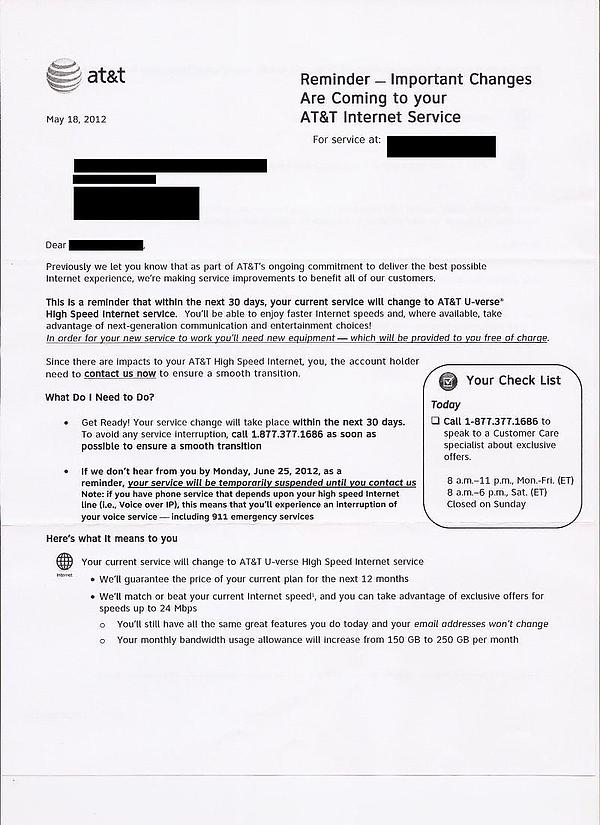 An 85-year-old woman with dementia and her ailing 90-year-old husband in Rockaway were left without telephone service for three weeks because Verizon could not contact them on their out-of-service phone line.
An 85-year-old woman with dementia and her ailing 90-year-old husband in Rockaway were left without telephone service for three weeks because Verizon could not contact them on their out-of-service phone line.
The couple’s daughter, Rita Burgess, made at least 13 calls to Verizon Communications trying to get the couple’s phone line back up and running, but to no avail. A Verizon spokesperson later told the New York Daily News the company couldn’t get the line repaired because they couldn’t call the couple… on the phone line that was out of service.
“You people put me through hell,” Burgess thought after Verizon finally reached out to get the phone line repaired.
By then it was too late. Burgess took matters into her own hands and switched the family to Time Warner Cable’s phone service.
The incident has turned into a cause célèbre for consumer advocates, who claim Verizon continues to neglect its landline network in favor of its limited fiber optic FiOS service. New York consumer groups want the state to more aggressively regulate Verizon’s landline network to make certain extended outages like this cannot happen.
Burgess, who lives on Long Island, found herself cut off from her parents at a time when her father was hospitalized. Both father and daughter were unable to reach Mrs. Burgess, who requires regular attention because of dementia.
Bob Master, legislative and political director for the Communications Workers of America, told the Daily News the couple’s ordeal is not unique.
“They’re diverting resources from basic phone services,” Master said of Verizon. “That’s the business model, to divert resources to the most lucrative areas.”
Verizon counters the union is in dispute with the phone company over stalled contract negotiations and points to a 2012 first quarter report from the state Public Service Commission showing Verizon is meeting standards for reliability and repair times.
But Verizon has also lost half of its landline customers in New York State, which could also account for a declining number of complaints.
The Burgess family has decided to stick with Time Warner Cable for phone service.


 Subscribe
Subscribe







